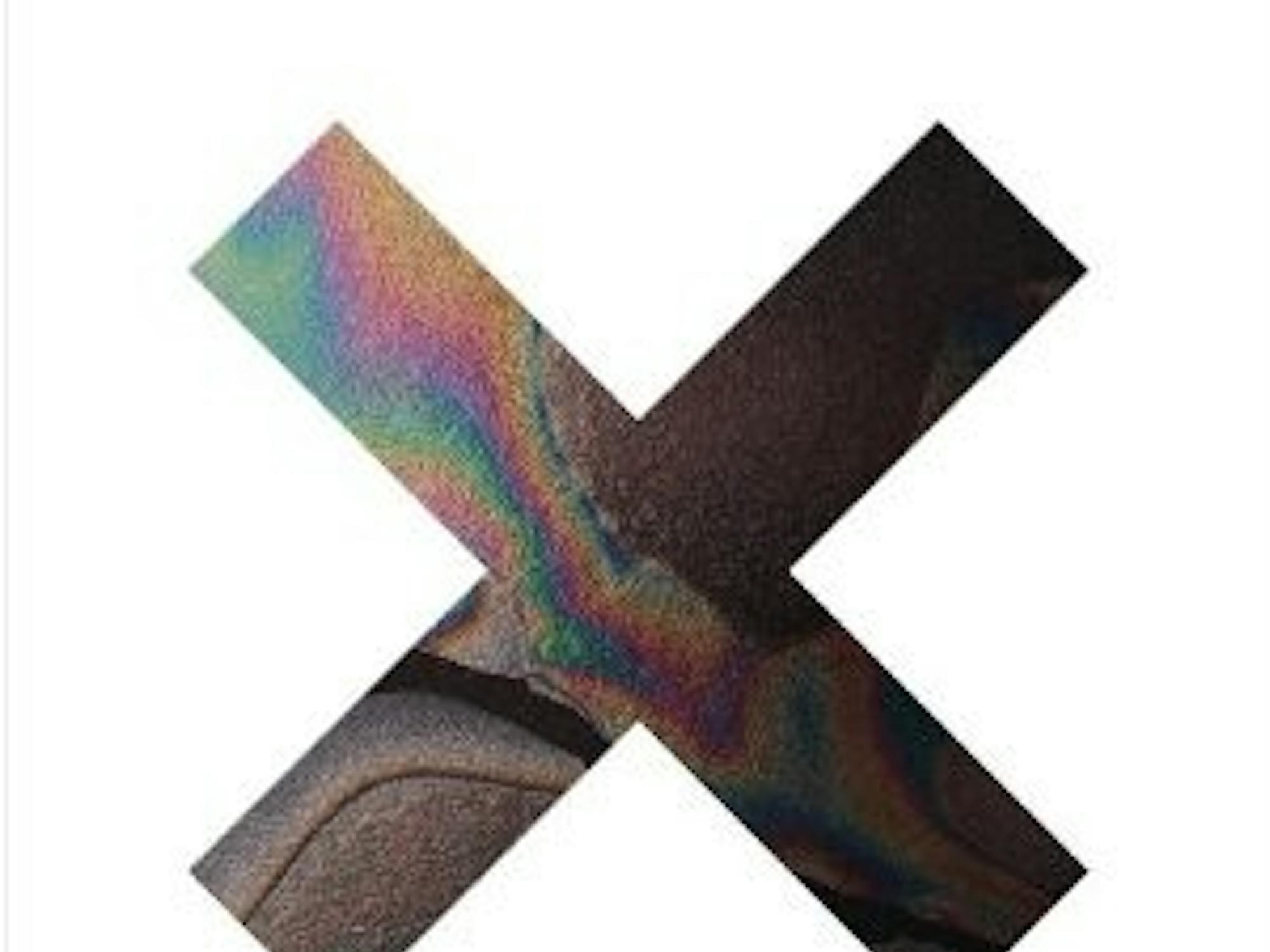It was 2009, and music critics were doing what music critics do—hyping Animal Collective’s “Merriweather Post Pavilian” as the best album of the year before the year was even halfway through, overrating Grizzly Bear and ignoring Wussy for the third album in a row. It was a typical year. Then, a British band came out of nowhere and took the music world by storm. They were The xx.
It’s not unusual for publications like Pitchfork and NME to hype up a new band, but even critics like Robert Christgau and Rob Sheffield, who have a tendency to stay outside of the norm, loved The xx. Christgau said in his NPR review of the band’s eponymous debut, “As a rule, minimalism can be a bore, a con or both. But The xx’s minimalism captivated me right from the spare instrumental opener.” Sheffield wrote in Rolling Stone, “The boy-girl vocals create a hushed after-the-party mood of frustration and desire.”
It’s not hard to see why critics were intrigued by The xx. Their hooky, minimalist sound has a dream-like quality, with a rhythm and blues influence in the vocals. It seems like it should be an ideal indie-pop sound. Too bad it doesn’t work.
Three years after its release, the album “xx” still seems overrated. The sound is interesting enough: simple guitar lines, drum-machine beats and melodic vocal performances.
The problem lies in how the sound is presented. On songs like “VCR” and “Islands,” The xx proved how much a simple hook could be ruined by being placed up front and droning on for too long.
Many bands have pulled off droney well. Yo La Tengo has spent their entire career perfecting the sound. Quite a few of their songs have hooks that drone on longer than any of The xx’s. The difference is that Yo La Tengo’s songs have destinations. On The xx’s debut, there were many decent hooks, but the only song with a destination was “Crystalised.”
“Crystalised,” unlike the rest of the album, wasn’t very dreamy-sounding. It was an intense song about an uncertain relationship, with lines like “You’ve got the faith that I could bring paradise,” and “Burn down our home, I won’t leave alive.” The subtle verses lead to a thrilling chorus, with one of the more fitting non-lexical vocal moments in recent years (“Ai-yi-yi”).
The xx’s second album, “Coexist,” was released Sept. 5. Its release was preceded by the release of two singles, “Angels” and “Chained.” “Angels” was a typical The xx song: A pretty sound with no end goal. The strangest thing about the song was that the band seemed to be getting even more subtle. “Chained” was much better, and hinted that the new album could be superior to “xx.”
“Coexist” opens with the singles and then follows them with “Fiction,” which may be the most notable track on the album, since it’s the first track where bassist Oliver Sim sings alone (he usually sings with guitarist Romy Madley Croft). It’s not a bad track, and it would have probably made a more interesting first single than “Angels.”
Although plenty of hooks inhabit “Coexist,” not one song on the album uses the group’s sound to its full potential the way that “Crystalised” did. “Chained,” “Fiction” and “Tides” are the closest The xx gets to that level of realization in sound. But, as a whole, is “Coexist” better than their debut?
Whether or not you like The xx on their first album, chances are you won’t think of “Coexist” as the better record. They’ve become even more minimalistic, to the point where not many people who were skeptical of the first album are likely to be converted. Then again, it’s not a band’s job to please non-fans, and it really shouldn’t be. Still, the biggest problem with “Coexist” lies in how it seems designed to please fans just enough.
At one point in “Crystalised,” Croft sang, “Do I have to keep up the pace to keep you satisfied?” That’s what The xx must have been thinking when they recorded “Coexist.”
Although fans and reviewers do seem to like this sophomore album, not many are claiming that it’s better than “xx.” For the finale, the gorgeous “Tides” is followed by three snoozers that close the album. In a way, this proves Christgau right. Minimalism can be a bore, a con or both, and, thus far, The xx have done nothing to prove they aren’t a bore, if not both.
Key Tracks: “Fiction” and “Tides.”










